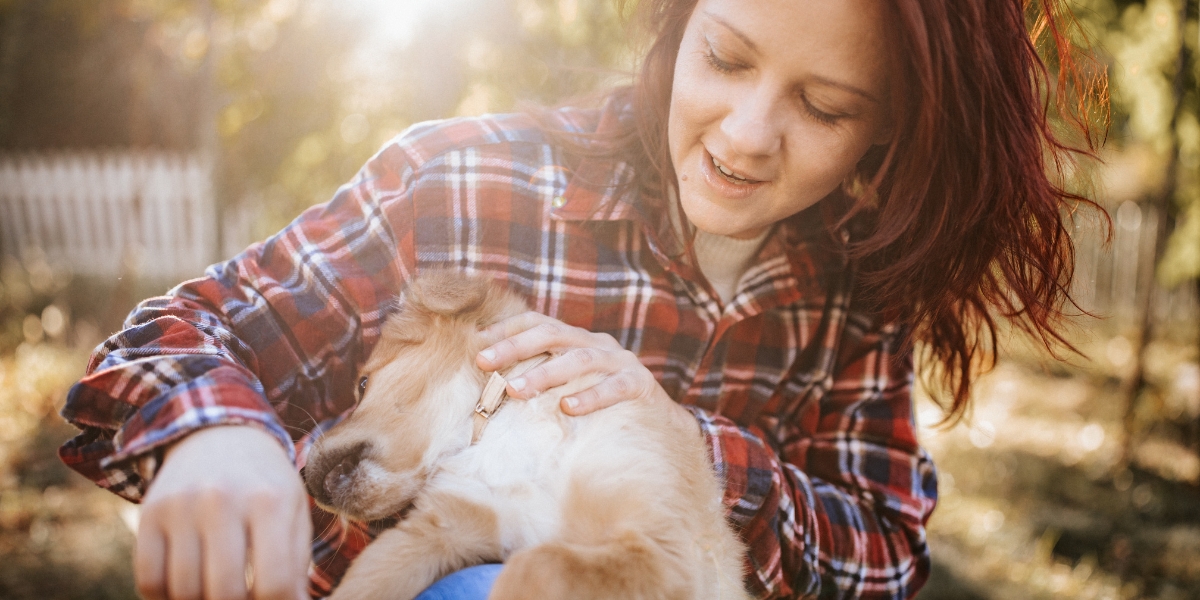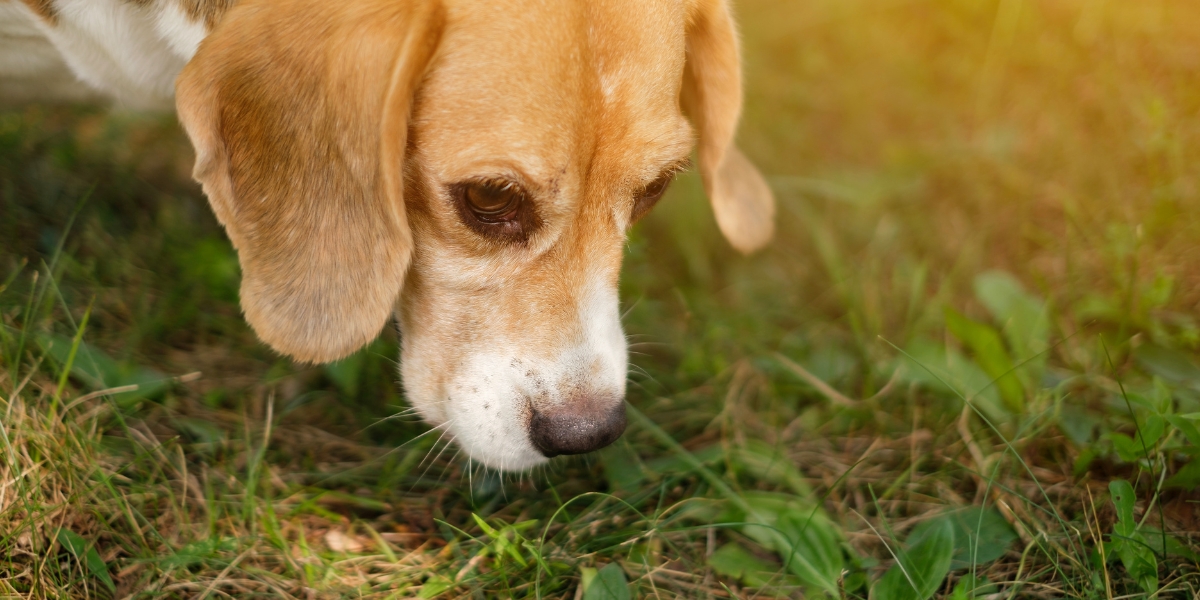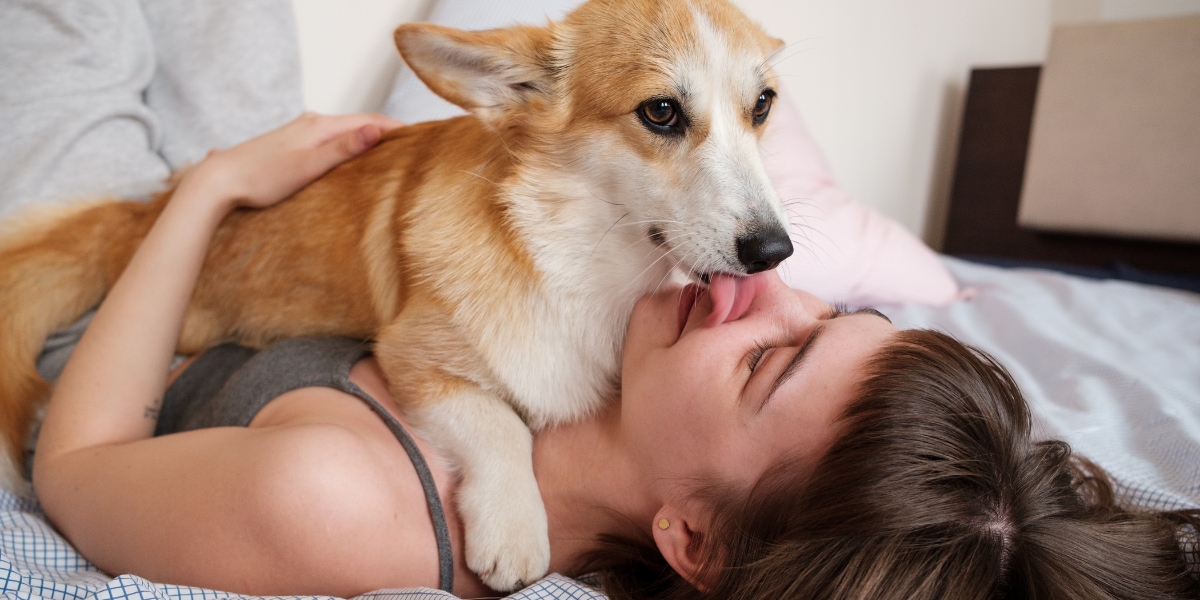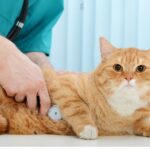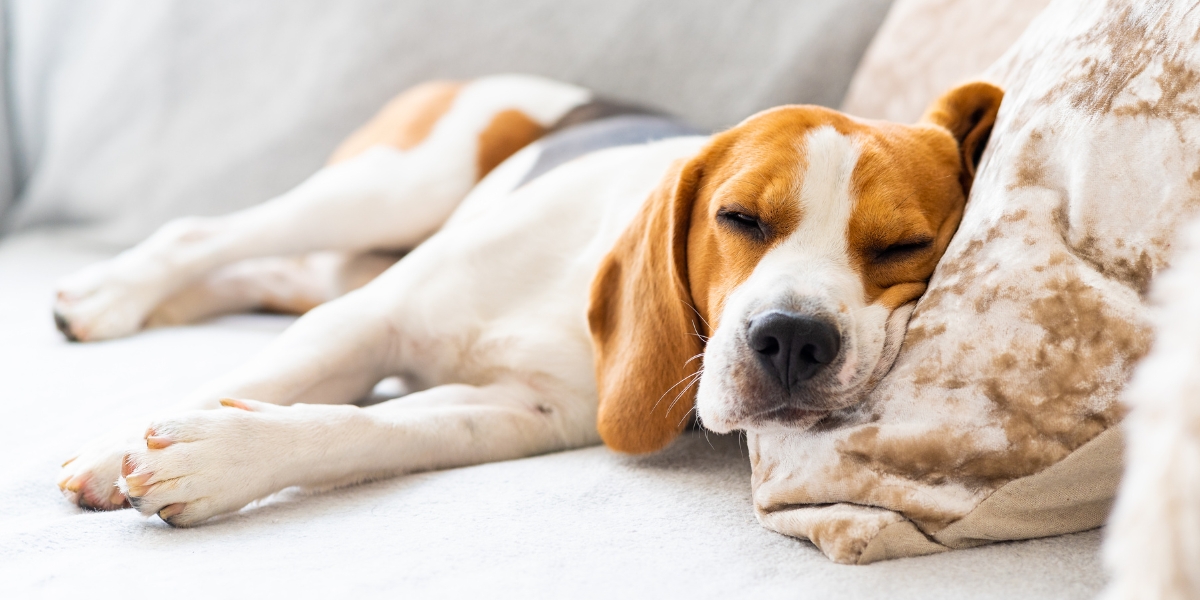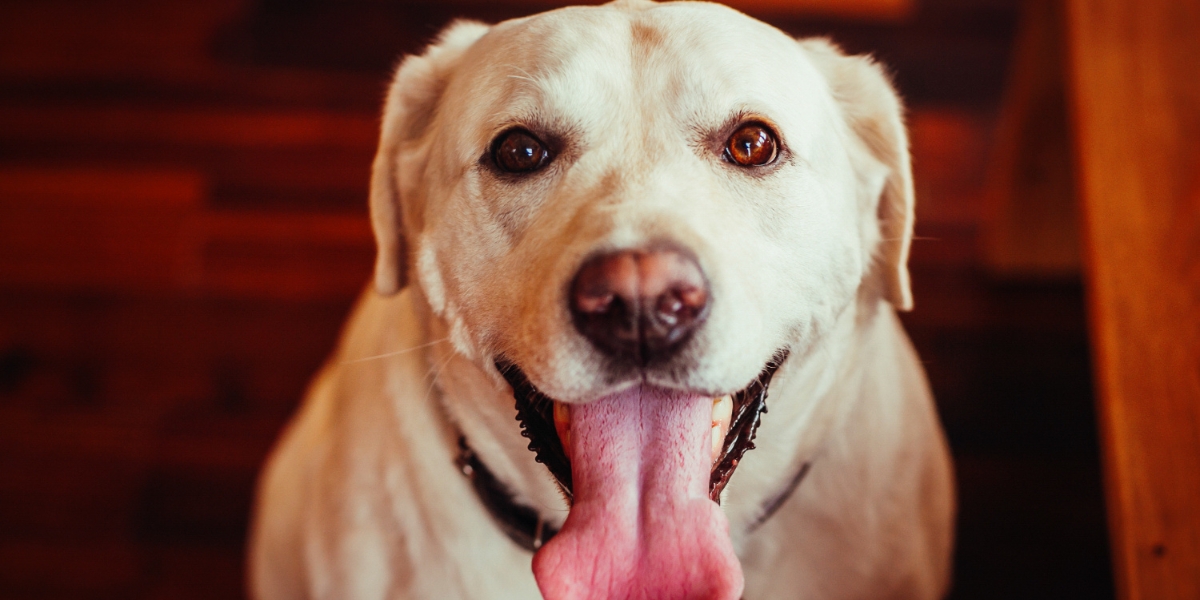Licking in dogs often has multiple meanings, ranging from showing affection to a potential problem. When your dog greets you at the door, slobbering your hands or face, it could be their way of bonding. However, licking the same place repeatedly can also mean something deeper.
For instance, dogs can detect skin growth, infections, or even swollen and hard areas. This remarkable ability has been linked to their capacity to sense changes in medication or even diseases like cancer. While their habit of licking might seem harmless, excessive behavior can cause ample harm to their skin over time.
When we adopted our dog back in 2008, her obsessive licking was hard to ignore. She would lick me straight for minutes until I gently redirected her with a “thank you” and an “I’m ok.” This repeated behavior felt like a coping mechanism, especially for a nervous dog.
Dogs, especially adopted ones, often use licking as a way to ease anxiety or adjust to their new life. Over the years, I’ve noticed her licking became less intense after consistent training and reassurance. Still, the habit remained—a reminder of her sensitive and unique personality.
It’s also worth mentioning how your dog’s licking could stem from physical triggers like lotion or lingering smells from feeding sessions. My stepfather’s dog displayed similar behavior, frequently licking his hands or mouth after being greeted or stroked.
While these actions may seem strange, they are normal in dogs trying to express themselves or address discomfort. If the behavior continues to the point of causing harm or becomes disruptive, it’s important to observe and redirect gently without making your dog feel bad.
Why does my dog lick me so much?
Licking is a natural and instinctive behavior in dogs, often used to form bonds or show love. When your dog licks your skin, they might enjoy its salty taste or be expressing affection. However, excessive licking could signal deeper issues, like being anxious, stressed or even in pain.
If this habit becomes too frequent, it’s worth consulting a dog behaviorist for advice to better understand what your furry friend is trying to communicate.
Sometimes, your dog may use licking as a way to soothe themselves or seek your attention after a long day of work, a trip to the dog park, or even during food prep. I’ve noticed my dog often licks me after I return from a walk or while I’m relaxing at home.
This behavior might reflect their social standing or show appreciation for your care. However, setting boundaries with consistent, gentle training is key to helping them understand limits while still feeling loved.
While licking is one way dogs show affection, standing on you or pressing their body close can also be a sign of attachment. To learn more about this unique behavior, visit Why Does My Dog Stand on Me?.
On rare occasions, licking may indicate discomfort or serve as a signal of hurt. For instance, if your dog starts licking unusual spots like their ears or chin, it might be their way of asking for help.
Understanding their unique personality and ensuring their nervous habits don’t escalate can make a big difference. While they may seem to worship you like a boss, balancing affection with control helps maintain a healthy relationship.
How good is a dog’s sense of taste?
Dogs have an exceptional sense of smell, but their sense of taste might surprise you. They have around five times more taste buds than humans, which helps them detect basic flavors such as sweet, sour, salty, and bitter. However, dogs are not capable of detecting umami or savory tastes as we do. They can still detect these tastes but are unable to fully appreciate them.
Their primary way of experiencing flavor is through their incredible sense of smell, which is responsible for around 80% of their sensory experience. This makes their taste far less sensitive compared to humans, but still important for understanding their environment and what they encounter.
They’re hungry
In the wild, young dogs often lick their mother’s lips after a hunt to show they’re hungry. This instinct is hardwired into a dog’s behavior, so when your pet starts licking you, it might be their way of signaling they’re feeling peckish.
When is licking a problem?
Licking is a natural behavior for dogs, and they often do it to express themselves or bond with their owners. However, if your dog suddenly starts licking more than usual, it could be a sign of a problem.
Excessive licking may indicate anxiety, a health issue, or even an allergy. It can also signal pain from an injury or conditions like arthritis. If your dog is licking frequently and seems distressed, it’s a good idea to visit the vet or a behaviorist to rule out any underlying causes.
In some cases, dogs might lick due to a habit, like licking a certain area or object such as your arm or a bitter apple spray used to deter them. Sweating and the taste of salt on skin can make dogs want to lick.
If they’re licking out of habit, it’s important to break this pattern and ensure they’re not using it as a coping mechanism. When in doubt, it’s always best to consult with a vet to determine if there’s something wrong.
What can I do about problem licking?
Licking is a natural behavior for dogs to express emotions, but if it becomes excessive, you may need to address it. Sometimes, dogs lick when they’re expecting attention, or because they want to stroke or lick you for comfort.
Move away
When your dog starts licking, how you react matters. If you give positive or negative attention, like making eye contact or reacting strongly, it may encourage them to continue. Instead, try moving your body away or leaving the room calmly to send a neutral message that you don’t enjoy being licked. Over time, this approach can reduce the behavior.
Distract them
If your dog won’t stop licking, try giving them a chew toy or a food puzzle. These can help redirect their focus and keep them entertained, making it easier to manage the behavior without stress.
Exercise
Regular exercise helps keep your dog mentally and physically stimulated. It can reduce stress and burn excess energy that might otherwise be directed towards behaviors like excessive licking.
Stay clean
Excessive licking could be a problem if your dog isn’t getting enough stimulation. Try exercising them more or consider giving them a quick shower to refresh their senses and redirect their focus.
Positive attention
Your dog might lick your arm because they want attention. If they get praise or positive feedback when they lick, they may continue, thinking it’s a way to get more of that attention. Avoid giving negative responses, as that could encourage the behavior further.
Be consistent
If you give your dog mixed responses to their licking, it can send confusing signals. To stop this behavior, be consistent in your reactions and make it clear whether you want them to lick or don’t.
To stop this behavior, it’s important to understand the reason behind it. If it’s happening often or in unusual circumstances, like after being alone, it could be a sign of stress or discomfort. If you think the licking might be due to being sickly or needing meds, it’s a good idea to call someone, like a vet or a friend, to get a second opinion and provide help.
Should I let my dog lick my face?
Letting your dog lick your face is a personal decision. While it’s natural for dogs to show affection through licking, it’s important to consider the potential risks. A dog’s mouth contains bacteria, saliva, and even parasites that could be harmful, especially if they’ve licked things like food or something unpleasant.
If you do allow it, be sure to wash your face with soap and water afterwards to reduce the chances of contamination. If your dog is feeling unwell or has eaten something questionable, it’s best to avoid face licks.
Why does my dog lick me in the morning?
In the morning, your dog might lick you as a form of greeting. After a night of sleep, they are often excited to see you and express how happy they are. It’s a way for them to start the day on a positive note.
While they could have been dreaming about chasing rabbits, their licking may also help them secrete oils, which they might taste as delicious. This behavior is a natural way for your dog to bond and show affection after a restful night.
Why does my dog lick me more than anyone else?
If your dog licks you more than others, it could be a sign of their deep love and trust in you. You might give them plenty of strokes, tickles and even share tasty foods, making you their best friend. Dogs often see their owner as the ultimate giver of affection and rewards.
If you’re consistent in showing careful attention and nurturing a healthy relationship, your dog may focus their affection on you. This behavior is their way of complimenting you and building a bond based on love and confidence.
Why does my dog lick me when I stroke them?
When you stroke your dog, they may lick your arm to show love and care. It’s their way of telling you they feel safe and appreciated. By licking, they’re letting you know they’re enjoying the moment and building a mutual bond. If your dog ceases to lick or starts shooing you away, they might be ready to stop or engage in a game. Sometimes, it’s just a way for them to express their feeling of affection.
Why does my dog lick me after I’ve eaten?
Dogs have an incredible sense of smell, often said to be 10,000 to 100,000 times better than ours. After you’ve had a meal, even if you’ve washed your hands, tiny particles of food might still linger on your lips, face, or even your arms.
To your furry eater, these traces can seem delicious, making them eager to pick up the faintest smell of what you’ve just eaten. It’s their instinct kicking in to explore the scents that intrigue them the most.
Why does my dog lick themselves so much?
When a dog is licking themselves excessively, it can be a sign of being stressed, anxious, or even in pain. Sometimes, they may feel itchy or uncomfortable, and licking acts as a soothing way to help them feel better. However, constant licking or chewing of one area can cause skin damage or worsen the problem.
This behavior might also point to issues like anal sac irritation or discomfort in their front legs or back, making it hard to sit or lie comfortably. If this starts suddenly, it’s a good idea to visit a vet to get them checked. To explore why dogs might show similar behaviors, such as licking your legs, you can check out this helpful article on why dogs lick legs.
While licking is one way dogs show affection, standing on you or pressing their body close can also be a sign of attachment. In some cases, dogs may even shake after being petted, which could indicate excitement or overstimulation. If you’re curious about this behavior, you can read more in our article on Why Dogs Shake After Petting.


